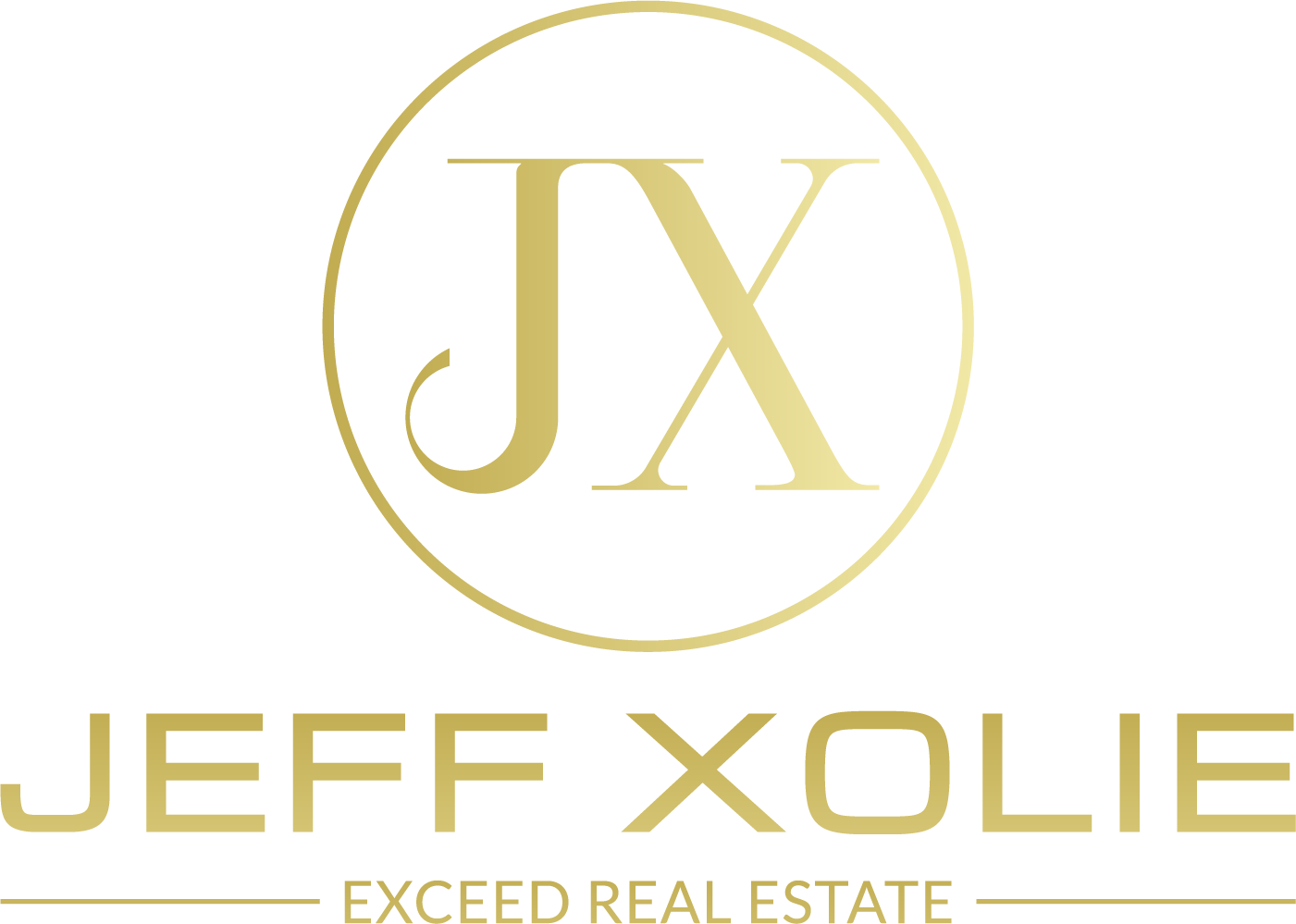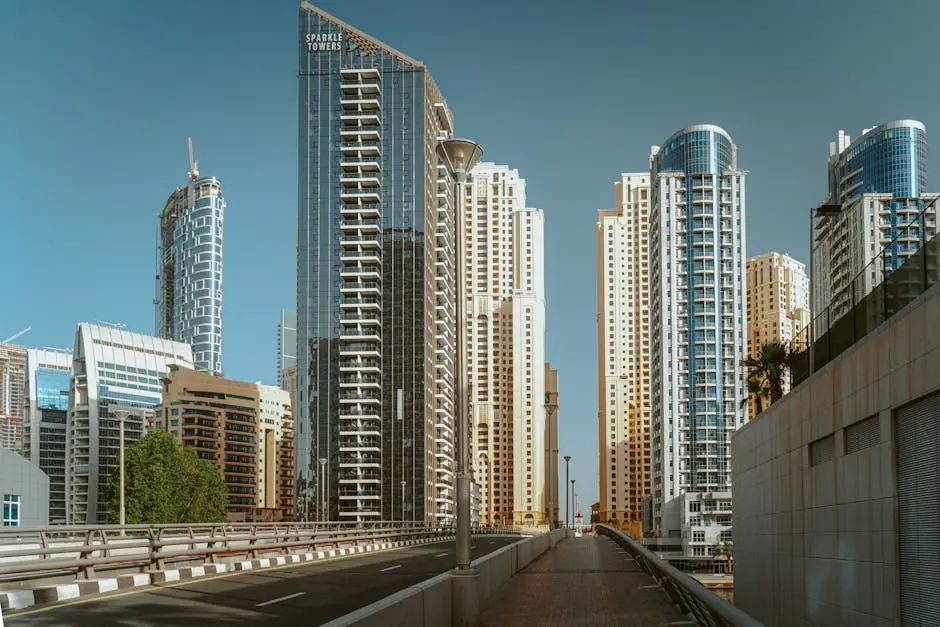As Dubai continues to evolve into a global hub, its property management sector is experiencing significant transformation driven by technology. This blog explores the emerging innovations and trends shaping the future of property management in this vibrant city, alongside expert predictions about market dynamics.
The Current Landscape of Property Management in Dubai
Examining the existing state of property management in Dubai reveals a rich tapestry of opportunities and challenges. The competitive landscape is dominated by established firms and emerging startups, each vying for market share while adapting to rapid changes. These companies navigate an intricate array of regulations that govern the industry, which are constantly being refined to meet the needs of a dynamic environment.
A significant aspect of the current landscape revolves around the diverse portfolio of properties available in Dubai, ranging from luxurious villas to high-rise apartments. This diversity attracts a plethora of investors and tenants, forming a unique market ecosystem. However, property management firms must address challenges such as tenant turnover and maintenance issues that can disrupt service delivery.
Moreover, the integration of technology into property management is not just beneficial; it’s becoming necessary. Firms that fail to adapt may find themselves at a significant disadvantage, as more tech-savvy competitors leverage data and automation to streamline operations and improve customer satisfaction.
Impact of Technology on Property Management Practices
Technology is reshaping property management practices in Dubai at a rapid pace. The advent of property management software has revolutionized operations, enabling managers to streamline processes from lease management to maintenance requests. These platforms create a more efficient workflow, reducing the time spent on administrative tasks and allowing property managers to focus on enhancing tenant relationships.
Moreover, the Internet of Things (IoT) is playing a transformative role in monitoring properties. Smart devices equipped with sensors can track everything from energy consumption to security alerts, enabling proactive management. For instance, if a water leak is detected, alerts are sent instantly, allowing for immediate action and minimizing potential damage.
Artificial intelligence (AI) also contributes immensely to this transformation. By utilizing AI, property management firms can analyze tenant preferences and behavior patterns to offer personalized services. Imagine a scenario where a tenant receives automated recommendations for local amenities or nearby services based on their activity history—this personalized touch can significantly elevate tenant satisfaction.
Sustainability in Property Management: Innovations and Trends
The conversation surrounding sustainability has gained considerable traction within property management in Dubai. Companies are increasingly recognizing that investing in sustainable practices isn’t just an ethical obligation; it’s a business necessity. Green buildings, which adhere to strict environmental standards, are not only beneficial for the planet but also offer long-term cost savings for property owners through reduced energy costs.
Energy management systems are another critical innovation enhancing sustainability. By utilizing these technologies, property managers can efficiently monitor and control energy consumption across multiple units, leading to substantial reductions in waste. Investors and tenants are placing higher value on energy-efficient properties, prompting many management firms to adapt accordingly.
Furthermore, eco-friendly practices are now seen as market differentiators. From utilizing renewable energy sources to implementing water-saving fixtures, property managers are finding that environmentally responsible actions boost their reputation and appeal in a growing market that values sustainability.
Market Predictions: The Future of Property Investments in Dubai
Industry experts forecast a robust future for property investments in Dubai, driven by various macroeconomic factors. As the global economy rebounds post-pandemic, Dubai is set to benefit from renewed interest in its real estate sector. Investors can expect a resurgence in demand, particularly in the luxury and commercial property segments, as international businesses seek stable markets amidst global uncertainty.
Additionally, the welcoming of new regulations aimed at attracting foreign investment is anticipated to further bolster market dynamics. Changes in ownership laws and incentives aimed at international investors are likely to create more opportunities. As wealth continues to flow into the region, both domestic and foreign investors will increasingly prioritize properties that promise high returns.
Moreover, the ongoing development of world-class infrastructure, including transport and hospitality, is bound to enhance the attractiveness of Dubai as a property investment hub. Predictive analytics shows that areas in close proximity to these developments will see significant appreciation in property value, making them prime targets for savvy investors.
Challenges Ahead: Navigating a Changing Market Landscape
While the outlook for property management in Dubai appears promising, challenges loom on the horizon. Regulatory changes, for one, pose a significant threat to current business models. As laws evolve in response to market dynamics, property management companies must stay vigilant and adaptable to maintain compliance and avoid penalties.
In addition to regulations, market saturation presents another hurdle. As more players enter the market, competition intensifies, driving down profit margins. For property management firms, differentiating their services and developing unique value propositions becomes increasingly vital to success.
Furthermore, evolving tenant expectations mean that property managers must remain agile and responsive. Today’s tenants are more informed and discerning, expecting high-quality services and amenities. Therefore, property managers must invest in technologies and practices that enhance tenant engagement and satisfaction.
The Role of Data Analytics in Shaping Property Management Strategies
Data analytics has emerged as a pivotal element in shaping property management strategies in Dubai. By harnessing data from various sources, companies can gain insights that drive decision-making and enhance operational efficiency. For instance, analyzing tenant feedback and occupancy rates allows property managers to identify areas for improvement and adjust strategies accordingly.
Moreover, predictive analytics has revolutionized the way property managers approach maintenance and service delivery. By anticipating potential issues before they escalate, companies can implement preventative measures that significantly reduce downtime and repair costs. This not only enhances property performance but also elevates the overall tenant experience.
In addition, data-driven marketing strategies have become crucial in attracting and retaining clients. By understanding market trends and tenant demographics, property management firms can tailor their services to meet specific needs, leading to stronger tenant relationships and improved retention rates.
Looking Ahead: The Evolution of Property Management in Dubai
The future of property management in Dubai is poised for remarkable changes, driven by technology and evolving market needs. By embracing these innovations, property managers can enhance operational efficiency, improve tenant experiences, and stay ahead in this competitive landscape.

